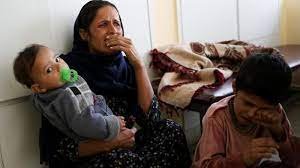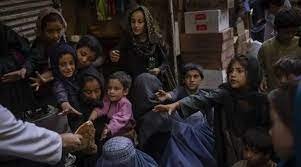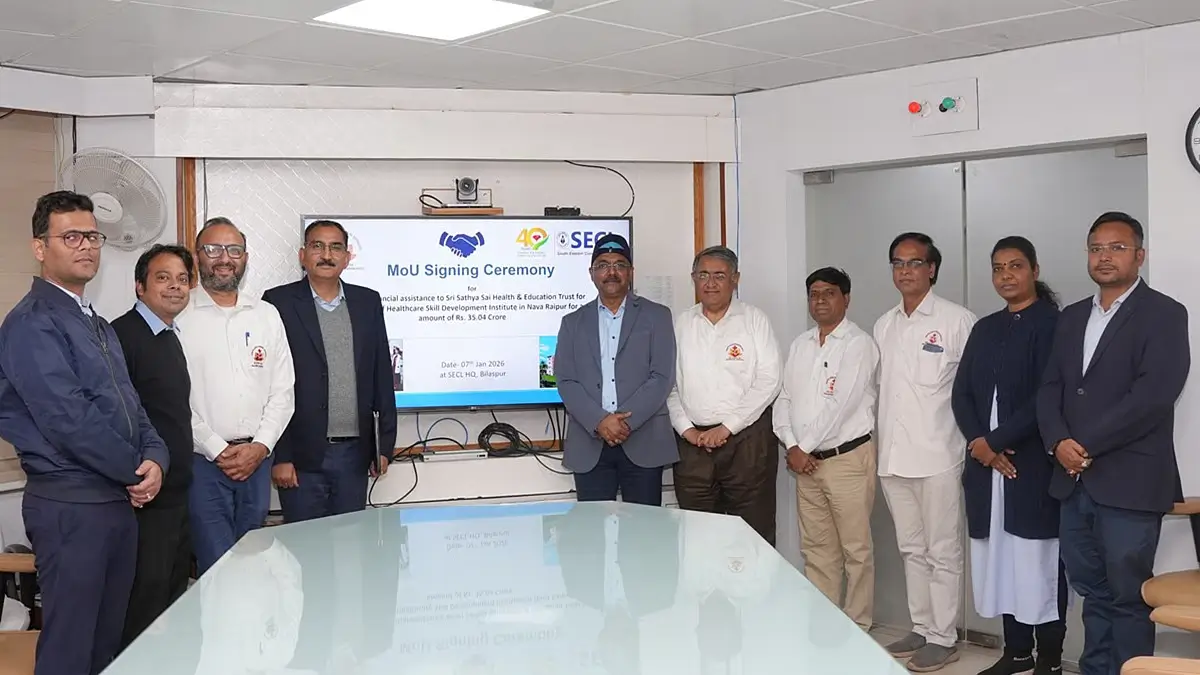Alarming Malnutrition Crisis in Afghanistan: Over 1 Million Children Severely Affected
The dire situation in Afghanistan has taken a devastating toll on its youngest citizens, with more than a million children facing an unprecedented malnutrition crisis. The United Nations’ World Health Organization (WHO) recently released a report highlighting the severe impact of malnutrition on Afghan children, shedding light on a distressing humanitarian crisis amid the country’s socio-political turmoil.
Amidst ongoing conflicts and the collapse of the country’s healthcare system, over 1 million children under the age of five are reportedly suffering from severe acute malnutrition. The situation has been exacerbated by food insecurity, limited access to clean water, disrupted healthcare services, and a lack of nutritional support.

Why this News is Important:
Humanitarian Crisis and Its Implications for Afghan Children
The situation in Afghanistan has been tumultuous, marked by conflict, political instability, and economic turmoil. However, the emergence of an acute malnutrition crisis among children underlines a pressing humanitarian issue. This crisis not only jeopardizes the immediate well-being of over a million children but also poses long-term health implications, affecting the nation’s future.
Global Concern and Responsibility for Addressing Humanitarian Needs
As the world grapples with multiple crises, the plight of Afghan children suffering from severe malnutrition demands global attention. International solidarity and coordinated efforts are pivotal to provide essential aid and prevent further deterioration of the situation.
Historical Context:
The malnutrition crisis in Afghanistan is rooted in the country’s tumultuous history marked by prolonged conflicts, political instability, and economic hardships. Decades of war, internal strife, and external interventions have severely disrupted the country’s infrastructure, including healthcare systems and access to essential services. Additionally, recurrent droughts and natural disasters have exacerbated the vulnerability of communities, leading to food insecurity and compromised nutritional conditions, especially among children.
Key Takeaways from “Alarming Malnutrition Crisis in Afghanistan”:
| Serial Number | Key Takeaway |
|---|---|
| 1. | Over 1 million Afghan children suffer severe malnutrition. |
| 2. | Factors include conflict, economic downturns, and limited access to resources. |
| 3. | Healthcare system collapse worsens the crisis. |
| 4. | Humanitarian aid efforts face challenges due to security and logistical barriers. |
| 5. | Urgent global attention and coordinated action are imperative. |
Important FAQs for Students from this News
Q: What is the current situation in Afghanistan regarding malnutrition?
A: The current situation in Afghanistan involves over 1 million children facing severe acute malnutrition, as highlighted by the WHO’s recent report.
Q: What are the primary causes contributing to the malnutrition crisis in Afghanistan?
A: The crisis is primarily driven by factors such as conflict-induced displacements, economic downturns, limited access to resources, disrupted healthcare services, and effects of drought.
Q: How are humanitarian organizations responding to the malnutrition crisis in Afghanistan?
A: Humanitarian organizations, including the WHO, are mobilizing efforts to provide immediate aid. However, challenges persist in reaching affected areas due to security concerns and logistical barriers.
Q: What are the implications of this crisis for the Sustainable Development Goals (SDGs)?
A: The crisis in Afghanistan poses a significant challenge to achieving SDGs, especially those related to health, poverty eradication, and ensuring well-being for all ages.
Q: How crucial is global attention and coordinated action in addressing the malnutrition crisis in Afghanistan?
A: Urgent global attention and coordinated action are essential to prevent further deterioration and provide sustainable solutions for the well-being of Afghan children.
Some Important Current Affairs Links

















